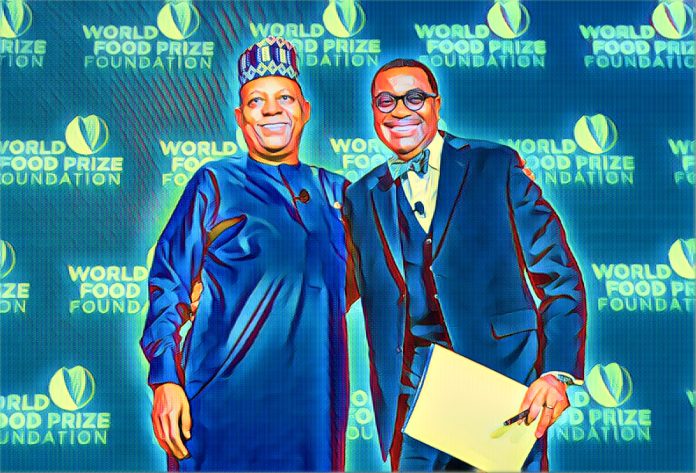Nigeria’s economic landscape has experienced a significant boost, with the African Development Bank (AfDB) Group’s commitments in the country hitting a robust $4.4 billion. This figure positions Nigeria among the leading regional member countries (RMCs) in portfolio size.
Lamin Barrow, the Director-General of AfDB’s Nigeria Country Department, unveiled these figures at the 2023 Country Portfolio Performance Review (CPPR) Workshop in Abuja. He emphasized the portfolio’s sprawl across 48 distinct activities, encompassing both public and private sectors.
Since the COVID-19 pandemic’s advent, the bank has escalated its annual disbursements, a strategic move to buffer RMCs against persistent economic instabilities. This strategy, according to a [report by The Sun](https://www.sunnewsonline.com/), is bearing fruit, with certain performance metrics indicating notable improvements since the 2022 CPPR Workshop.
A pivotal area of progress is the reduction in operations flagged for implementation challenges, down to 32% from 36%. “This improvement reflects concerted efforts by various stakeholders, including the Federal Ministry of Finance and executing agencies, to streamline processes and overcome start-up delays,” Barrow noted.
However, despite these advancements, the journey is far from over. Barrow candidly highlighted that the current statistics still trail the bank’s corporate target. The proactive approach has nonetheless curtailed start-up delays from 32% to 28%, with an optimistic projection of plummeting to 8% by the end of 2023.
Focusing on future strategies, the AfDB envisions a Country Portfolio Improvement Plan (CPIP). This blueprint will delineate precise actions, propelling faster project execution within Nigeria’s portfolio.
Echoing these sentiments, Stanley George, Director of International Economic Relations at Nigeria’s Federal Ministry of Finance, asserted the necessity for prompt project delivery, dismissing past tendencies for excuse-driven delays. He reinforced the ministry’s vested interest in ensuring that projects and programs meet their set benchmarks efficiently.
This fiscal development, signaling enhanced economic fortitude, aligns with broader goals of regional stability and growth, pivotal in an era still grappling with the aftermath of a global pandemic.



